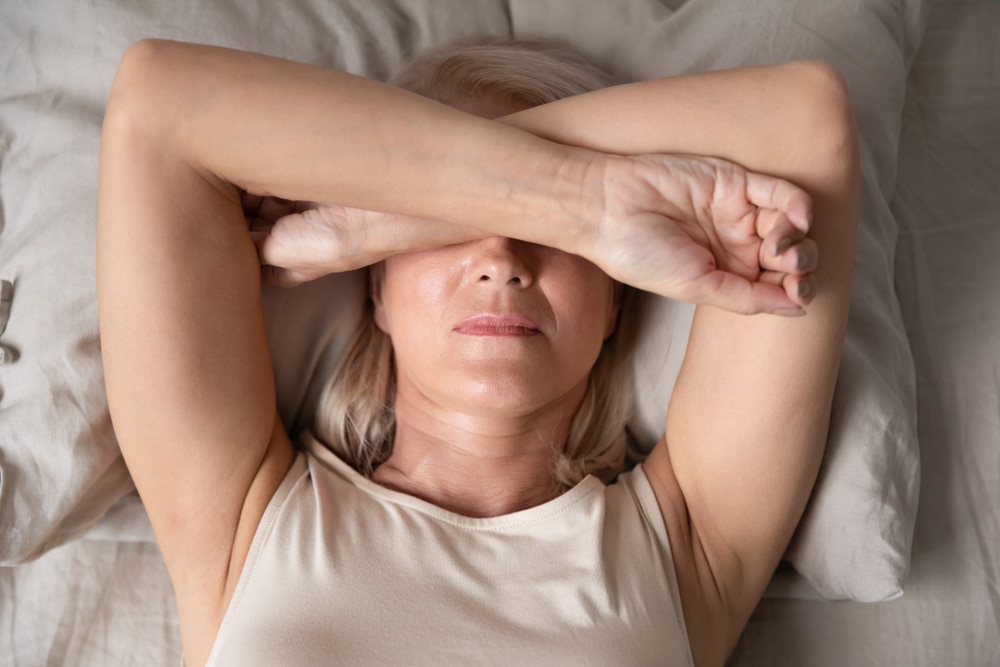On an episode of the Healthful Woman podcast, Dr. Michael Silverstein explained that menopause concerns are common causes for visits to a gynecologist. A small percentage of women may complete menopause without any symptoms; however most women will have some physical and emotional changes that they will want to address. Thankfully, he says, dealing with menopause can be simple with the correct treatment plan for each patient.
When Can Women Expect Menopause?
The average age for menopause is 52 years old. However, not all patients will notice symptoms in their early fifties, and many start to see menopause symptoms beginning in their mid-forties.
A common misconception is that menopause begins when a woman no longer has any eggs left. However, during menopause, eggs are still present, but they fail to develop into follicles, so ovulation does not occur and those eggs atrophy.
What are the Symptoms of Menopause?
Menopause causes a decrease in estrogen levels, which is the cause for many symptoms. The four major symptoms of menopause are:
- Hot flashes
- Insomnia
- Vaginal dryness
- Mood swings
Not all women will experience all four of these symptoms, and the severity of symptoms will vary as well. Some women will have these symptoms longer than others, and even experience effects from menopause for a lifetime. However, the average length of time a patient will experience menopause symptoms is about 3-9 months. Dr. Silverstein notes that hot flashes are typically the most disabling of the four major symptoms.
In addition to these four symptoms, patients may experience decreased bone density after menopause. This is why it is more common for older women to fracture bones or notice a decrease in height. Loss of bone density can pose a major health concern, so it’s important to intervene early.
Finally, about 10% of patients may experience decreased libido during menopause. This is commonly because vaginal dryness makes intercourse uncomfortable. By resolving or addressing vaginal dryness, libido tends to return to normal.
How are Menopause Symptoms Treated?
In the past, it was common to treat all women with hormone replacement therapy (HRT) during menopause. However, a “one size fits all” approach to managing menopause symptoms is now discouraged. HRT may have a role in managing hot flashes during menopause, but other menopause symptoms can be managed with non-hormonal methods. In addition, if HRT is felt to be the best choice for a patient, the lowest possible dosing should be used to minimize side effects and health risks. Prior to starting HRT, a woman’s medical and family history should be taken into consideration so that the risks and benefits of HRT can be weighed.
Dr. Silverstein recommends that patients are treated according to their individual needs. The correct treatment plan varies from patient-to-patient, and should be customized for them based on the specific symptoms they experience, and the severity of those symptoms.
Schedule an Appointment
To schedule an appointment, call Carnegie Women’s Health at (315) 628-7063 or request an appointment through our online form.

